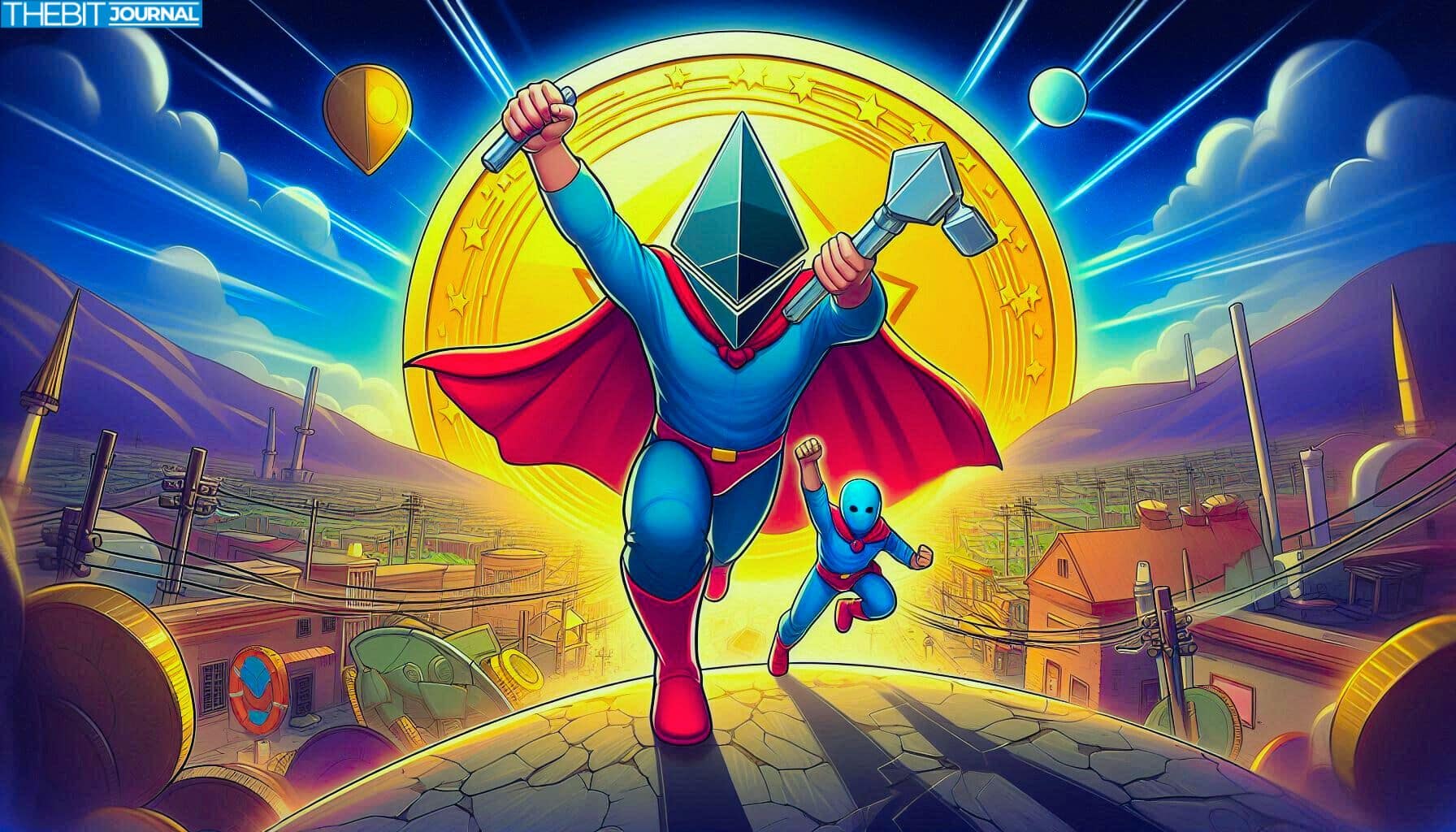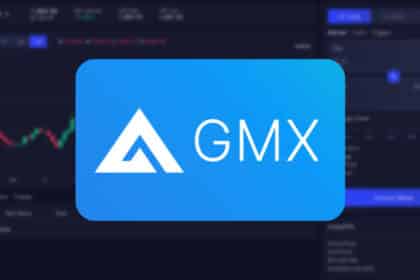Ethereum co-founder Vitalik Buterin has praised recent advancements in zero-knowledge proving, calling a new real-time implementation a “truly amazing” achievement. His comments came after developer Uma Roy shared that her team successfully implemented real-time ZK proving for Ethereum, a feat once thought to be years away.
The announcement, which gained traction on social media and within the cryptography community, was viewed by many as a major step forward in the application of zero-knowledge proving to blockchain scalability and privacy.
Caution and Limitations Noted by Buterin
Despite his praise, Buterin emphasized that the current version of the real-time zero-knowledge proving system is not yet ready for Ethereum’s Layer 1. He pointed out that the implementation currently only supports average-case scenarios. For Ethereum’s base layer, he noted, worst-case performance must also be addressed to ensure consistent reliability and network security.
He also shared a critical shortcoming: the lack of formal verification. Without rigorous mathematical proof validating the system’s correctness, it remains unsuitable for high-stakes environments such as Ethereum Layer 1. In decentralized networks where code immutability governs billions in assets, such safeguards are non-negotiable.

This limitation is especially relevant for Ethereum developers who are designing smart contracts that must execute flawlessly under a wide range of network and computational conditions. In this high-risk setting, the absence of formal guarantees could expose the network to vulnerabilities that would be catastrophic in a live protocol environment.
Energy Usage and Scalability Considerations
Another key concern raised by Buterin is the energy consumption associated with the real-time zero-knowledge proving implementation. Reports indicate it consumes nearly 100 kilowatts, far too high for broad adoption or home-based operations. According to Buterin, a realistic target would be about 10 kilowatts to enable decentralization and usability at the grassroots level.
This power constraint not only limits participation but also presents an environmental consideration as Ethereum works to improve its sustainability profile post-Merge. High energy barriers could shift proving responsibilities toward centralized actors with industrial hardware setups, contradicting Ethereum’s vision for widespread participation and decentralized computation.
He also tied these technical limitations to Ethereum’s long-term scalability ambitions. With plans to increase Layer 1 gas limits by 10x to 100x, performance optimizations in zero-knowledge proving become critical. Without more efficient resource use, such scaling goals may remain out of reach.
Community Response to Zero-Knowledge Proving Milestone
Vitalik Buterin’s tempered response is shared by several Ethereum developers who acknowledge the breakthrough while also recognizing the substantial road ahead. Leading ZK projects, including zkSync, StarkWare, and Polygon’s zkEVM, expressed optimism over the progress. One of the main concerns echoed by experts is that innovation in cryptography must be met with equally rigorous implementation and testing standards; especially on mission-critical networks like Ethereum Layer 1.
Moreover, researchers point to a gap between experimental performance and real-world network conditions. Ethereum, with its unpredictable transaction volumes and varying gas prices, demands technology that can handle worst-case execution paths reliably. If zero-knowledge proving systems are to serve as the backbone of future scaling solutions, their robustness must extend beyond controlled test environments.
To address this, some developers propose hybrid models where high-performance nodes collaborate with lighter-weight verifiers. Others suggest that cloud-based provisioning-as-a-service could act as a temporary bridge until consumer-level devices catch up technologically. Regardless of the solution, energy optimization remains a critical hurdle before Ethereum Layer 1 can realistically adopt real-time zero-knowledge proving.

Broader Implications and Roadmap Alignment
Beyond Ethereum, interest in zero-knowledge proving is growing across adjacent sectors. Enterprises focused on secure data sharing, privacy-preserving analytics, and decentralized identity see ZK technology as a foundation for compliant and efficient digital infrastructure. Governments exploring central bank digital currencies (CBDCs) are also considering ZK systems to enable transaction confidentiality without sacrificing auditability.
Academia continues to play a role in refining ZK systems. Institutions such as MIT, Stanford, and the Ethereum Foundation fund formal research on cryptographic security models, proof compression techniques, and trusted setup alternatives. These theoretical contributions often inform the open-source tools and libraries that developers use to implement zero-knowledge proving across blockchain ecosystems.
Conclusion
As for timeline estimates, most developers agree that production-ready Layer 1 integration of real-time proving is still years away. Critical aspects such as cryptographic audit trails, user-friendly development environments, and cross-client compatibility must mature before Ethereum can fully adopt the technology at its core.
Nevertheless, the path forward is clear: zero-knowledge proving is no longer a theoretical advantage; it is becoming a practical necessity. Whether enabling seamless rollups, protecting user privacy, or ensuring secure off-chain computations, ZK systems are poised to shape the next phase of blockchain innovation.
FAQs
What is zero-knowledge proving?
It’s a cryptographic method that allows validation of data without revealing the data itself.
Why did Vitalik Buterin praise real-time ZK proving?
He viewed it as a major technical leap for Ethereum scalability and privacy but noted it’s not yet ready for Layer 1 use.
What are the challenges to implementing this in Ethereum?
Performance in worst-case scenarios, lack of formal verification, and high energy requirements are current limitations.
How could this impact Ethereum’s roadmap?
If optimized, zero-knowledge proving could enable Ethereum to scale more efficiently and securely through roll ups and zkEVMs.
Glossary
Zero-Knowledge Proving – A cryptographic method that enables one party to prove to another that a statement is true without revealing any information beyond the truth of the statement.
Formal Verification – The use of mathematical techniques to prove or disprove the correctness of algorithms underlying a system.
Layer 1 – The base layer of a blockchain protocol, responsible for core transaction processing and consensus.
zkEVM – A zero-knowledge Ethereum Virtual Machine, which enables Ethereum-compatible smart contracts to execute in zero-knowledge environments.





























